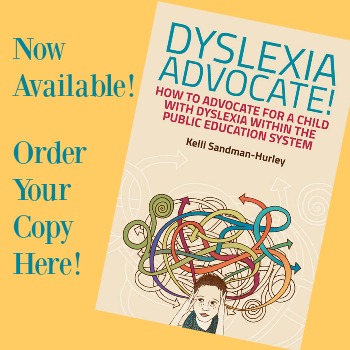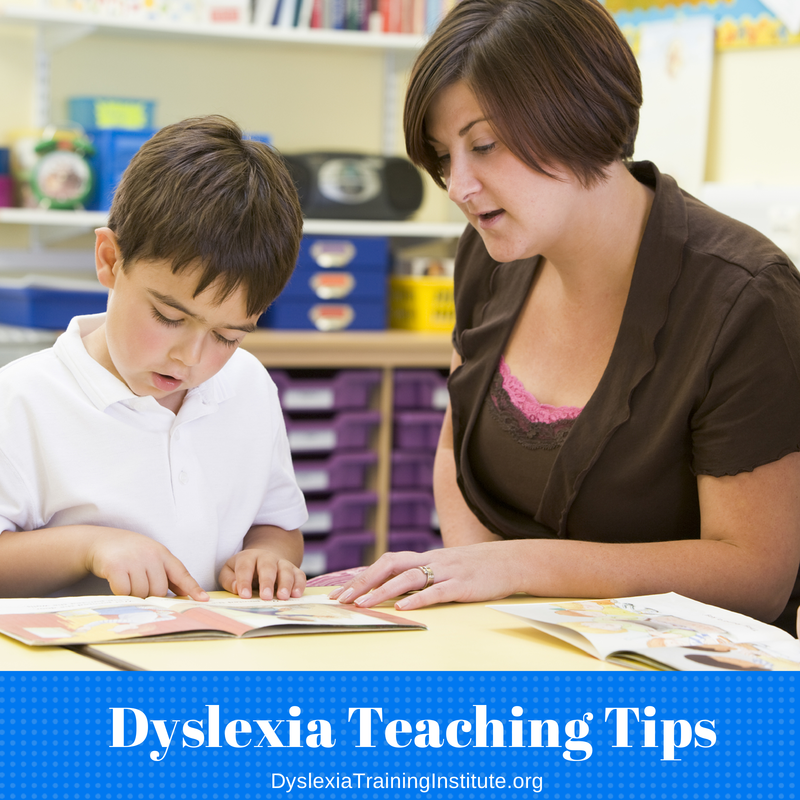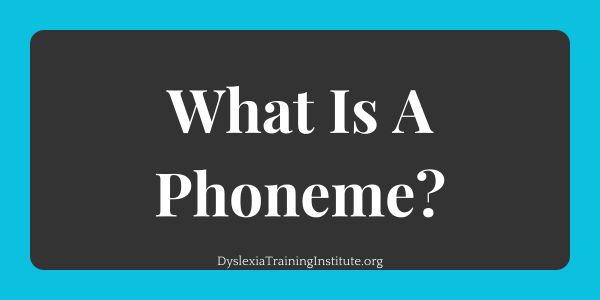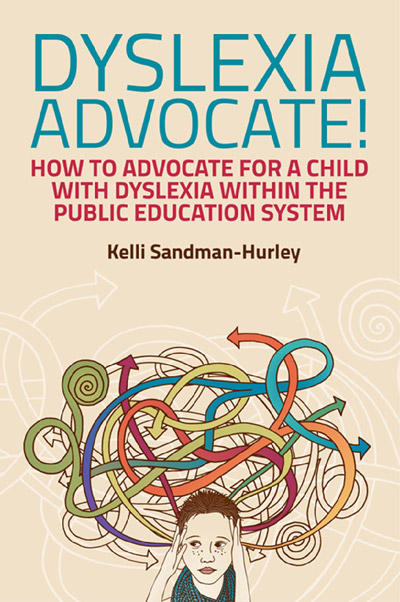
After almost twenty years of working with adults and children who struggle with reading and spelling, I have yet to meet two students who presented with the same symptoms and who needed the same instructional plan.
I would like to introduce you to Brian. Brian is a fifth grade boy who is reading at the second grade level and his spelling is probably lower. He has a high average IQ, he had a literacy rich home environment, attended preschool, had access to quality teaching in a public school, and the motivation to learn. His academic struggles are unexpected. His test scores reveal that he has below average phonological processing scores (which includes a rapid naming subtest), below average word attack skills and low spelling scores. However, his listening comprehension is average to above average as is his receptive vocabulary. He is a resistant writer because the act of writing is laborious to Brian, and it is often accompanied by a loud sigh at the beginning and a sigh of relief when he is done. He spells phonologically (spelling phonetically is a misnomer – no one spells phonetically, but that is a topic for another blog post) as best he can, but it can still be difficult to decipher what he is trying to convey on paper. Brian also has difficulty with planning and sequencing as well as difficulty with multi-step directions. On top of that Brian really struggles with word retrieval. For example, he often knows the meaning of the word he wants to pronounce but he has great difficulty retrieving it.
Brian is a complex kid who does not have difficulty learning how to build his own skateboard or a complex Lego monument. He has very mature and adult conversations that are accompanied by an appropriate humor and evidence of intelligence that is not compromised, yet he is struggling in all academic areas (or classwork) when he is required to read or write. He is able to learn, but he is not able to learn in an environment that does not respond to his complexities.
Brian is struggling because of dyslexia, dysgraphia and difficulty with executive functioning (EF). His intervention has to be in response to the reasons he is struggling. In order for that to happen there has to be, at the very least, a cursory understanding of them.
There is no magic bullet for every child. There is no one-size-fits all solution. The answer to, “How can I help Brian” is “it depends”.
The answer should be, ‘It depends’. It depends on the following variables:
- The age and grade of the child
- The severity of the dyslexia
- The symptoms. Are they strong in phonological processing but weak in orthography? Do they have weaknesses in phonological processing and rapid naming? Are multistep directions needing to be consistently clarified with support before reading and spelling are tackled.
- Is English their first language?
- Do they have any co-existing conditions like ADD, Executive Function or dysgraphia.
- Have they had continuous access to quality education?
- Have they already received some intervention? If so, what was it, how long, and what were the results? What was the training background of the professional who provided the intervention?
- Are there intellectual deficits?
Is dyslexia real? Yes. Is dysgraphia real? Yes. Do Executive Function problems affect reading and spelling? Yes. Should instruction be multisensory, structured and explicit? Absolutely yes! But how and what that looks like might vary based on the individual needs of the student.






Each person is unique with his/her strengths and weaknesses, and with different learning styles. For students who are complex, I agree that there is no one size fits all solution. Learning should be patterned toward their learning style, using their strengths to help them achieve their potential while working on their weakness.
As I read about Brian, I can’t help but think that he will benefit from Educational Therapy. In the book The Clinical Practice of Educational Therapy (FIcksman and Adelizzi, 2010), Educational therapists can provide individualized, intensive intervention, formal and informal assessments for clients who present with a broad range of learning difficulties, as well as ADHD and difficulty with executive functioning. An ET’s goal is to help students develop autonomy by using their strengths and strategies to foster learning.
Could you please write (or direct me to) a blog on the difference between spelling phonologically as opposed to phonetically? I’d be very interested to read it, and any references you have in this area. Thanks!